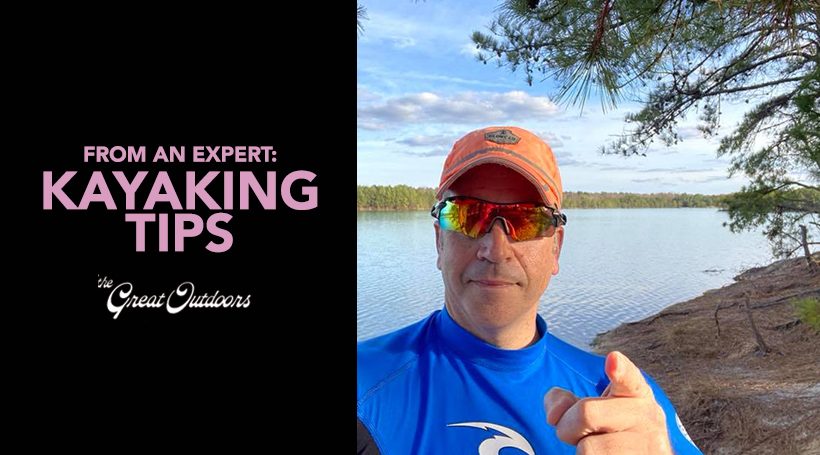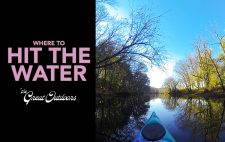If you see attorney Bill Caruso on the water during work hours, don’t think he’s slacking off. It’s not uncommon to find him logging on to a conference call or Zoom meeting from his kayak in the middle of the lake.
“I have clients who call and excitedly say, ‘Are you in the boat right now? Where are you kayaking?’ before jumping into the meeting,” says Caruso, head of public affairs at Archer Law. “Obviously, it isn’t appropriate to take every call from the kayak. As a lawyer, there’s privacy concerns to deal with, but for those who don’t mind me being in the middle of a lake or the ocean, the information stays between me and the fish.”
Caruso paddles anywhere from 10- to 30-mile stretches in South Jersey waterways like the Mullica, Delaware and Cooper Rivers and down the shore. He has been paddling for more than a decade, and when outdoor activities became the safest option during the pandemic, the rest of the state started to catch on.
“I’ve never seen an explosion in the sport like I’ve seen in the last couple months,” he says. “You can’t buy a recreational kayak right now.”
If you do manage to get your hands on one (or can borrow one from a friend), this longtime paddler has a few tips to get you started.
“Join some social media groups and really learn about the sport before you get on the water,” he says. “It’s not like running or hiking – you can die if you do something wrong, and that can happen quickly.”
Always make sure you have a life vest, he says, even if you’re in a calm lake.
“There’s always risk when you get on the water. A storm can suddenly hit or you can have a medical emergency. Even if you’re a strong swimmer, you may be too far out to make it to shore if you fall in.”
Time of year, he adds, also makes a difference.
“During the spring, you have very cold waters but very warm air, so you may be fine in the boat, but if you fall in you can get hypothermia quickly,” he says. “I follow the 120 degree rule – if the combined air and water temperatures are less than 120 degrees, you need to wear a wet suit or dry suit.”
And of course, always come prepared. For a quick trip, he’ll just bring his phone and a jug of water. For a distance paddle, he may bring an extra paddle, a VHF radio to hail other boats and keep track of Coast Guard activities, as well as an emergency beacon should he need help in more remote areas, like wetland marshes.
“As long as you’re safe, you can find a lot of peace and joy on the water,” he says. “I certainly do.”














